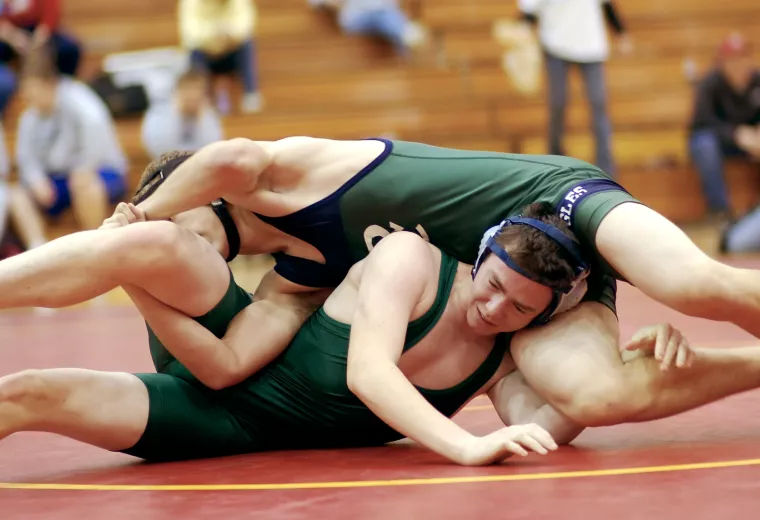Module 5 - Scenarios
- Illustrate the ways in which stress and emotional reactions show up in sport
- Practice helping an athlete manage stress in the moment
"A good coach will make his players see what they can be rather than what they are.”
In this module, you will have a chance to put into practice what you've learnt so far, through a series of simulated scenarios with student athletes. Through these scenarios, the athletes will begin as either under-aroused or over-aroused on the performance curve. Your aim is to talk them into the optimal performance zone.
NOTE:
- Student athletes' responses are powered by generative AI. Any resemblance to actual events or persons, living or dead, is entirely coincidental.
- These scenarios are designed to teach strategies for managing day to day levels of emotional distress. Athletes in severe emotional crisis may need more support. See resources .

Scenario 1
Devon is 13 years old and has quick feet and good throws, but lacks confidence. One of your first string guards sprains her ankle so you put Devon in in her place. After 10 minutes, she gets passed the ball and drops it, causing a turnover. She looks devastated. You call a timeout to talk to her.
Pay close attention to how she's feeling on the chart - say the right thing to try and help get Devon back in the zone.
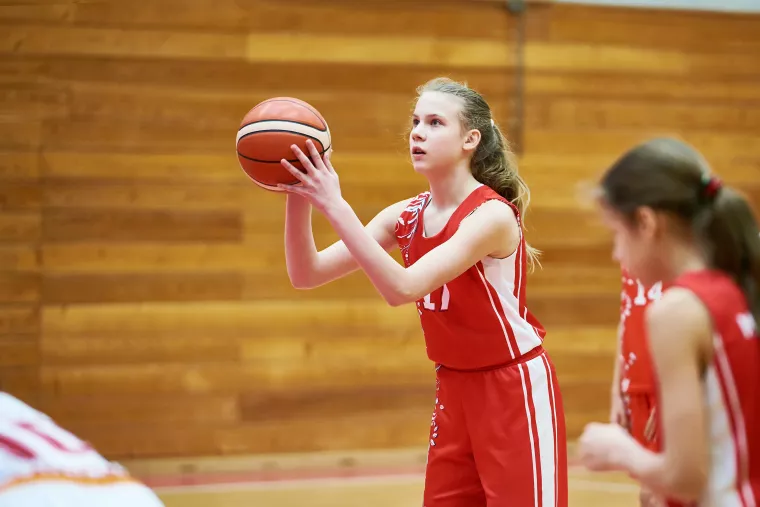
Scenario 2
Jaden is the school star player. He has been on the top of his game for years now, but has started to take things for granted. He's now turned up late for practice for the 4th time this month.
Pay close attention to how he's feeling on the chart - say the right things to try and help get Jaden back in the zone.
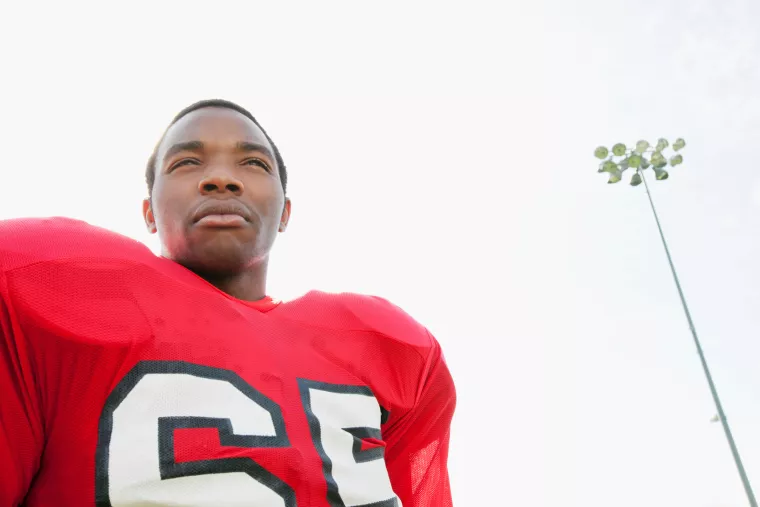
Scenario 3
Ty has not been 'himself' since the start of the second half in the big game, and has just missed an easy goal. Time is running out and you call him to the sideline to check in.
Pay close attention to how he's feeling on the chart - say the right things to try and help get Ty back in the zone.

Scenario 4
Gina is an amazing lacrosse player, but she has a tendency to get angry when the game isn't going the way she wants. You're down by 2 and she keeps getting fouled by a player on the other team. You watch her anger build as she keeps throwing shoulders, more focused on getting back at this player than scoring. She's also right on the cusp of getting sent out of the game.
Pay close attention to how she's feeling on the chart - say the right things to try and help get Gina back in the zone.
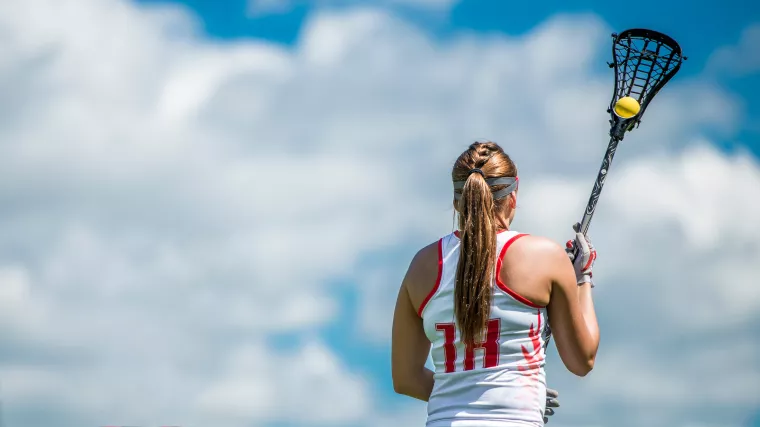
The next scenario is intentionally designed to not be solvable---we want you to know that these strategies don't always work, that sometimes emotional reactions are too big and you need to reach out for help. We encourage you to try interacting with the athlete anyway, but remember to send up a flare when you need help.
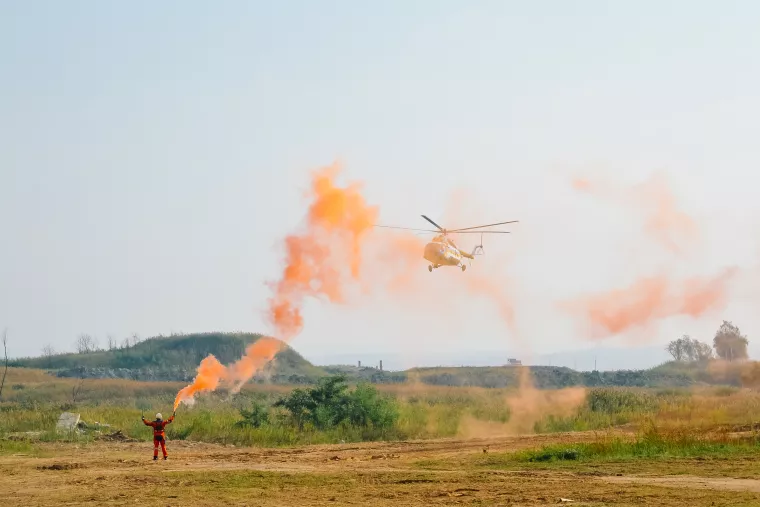
Scenario 5
Blake is your star wrestler and he is very confident, but he also has significant insecurities. He always seems nervous around his dad, who was a professional wrestler. He’s been doing really well this year and then you have a match against a school who’s not ranked very highly. One of the other wrestlers who he was sure he would beat ends up winning.
He flies into a rage, storming off the match.
What do you do?
